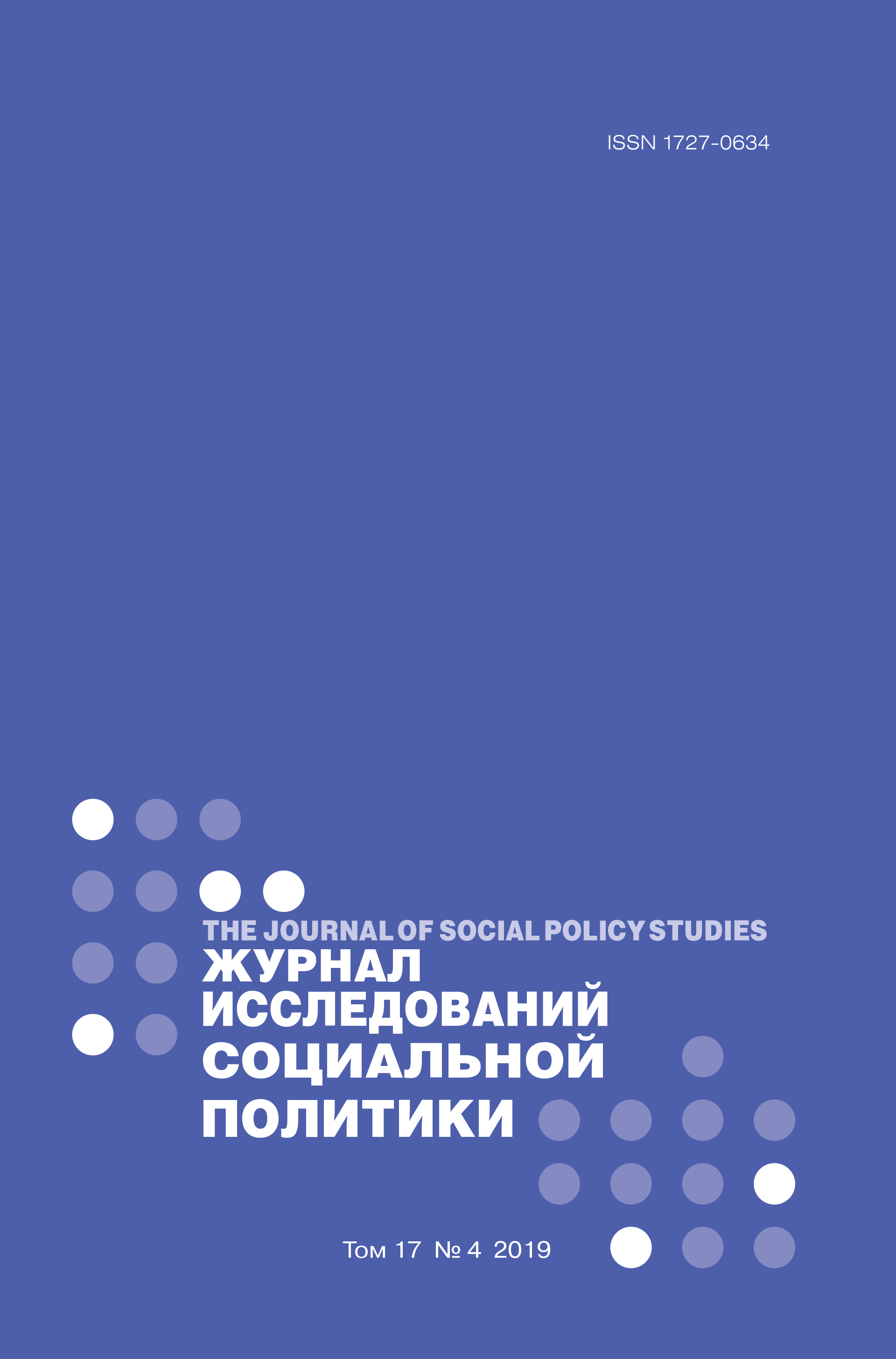Габитус инвалидности в поле высшего образования
Аннотация
Российская образовательная политика взяла курс на инклюзию, но не все учреждения высшего образования готовы к встрече с абитуриентами и студентами с инвалидностью. Хотя потребности и права студентов официально признаются, разрыв между стандартами, гарантированными законом, и реальной практикой в вузах остается. Понимание барьеров, которые испытывает данная группа абитуриентов и студентов, позволит улучшить инклюзивные процессы в высшем образовании. В статье с применением структуралистско-конструктивистского подхода выявляются и анализируются причины устойчивости барьеров доступа к высшему образованию, отмечаемые как в сложившемся опыте сегрегированного образования, укоренившихся в истории поколений социальных установках, так и противоречивой практике внедрения инклюзии. На материалах интервью со студентами и преподавателями вузов показано, как функционирует габитус (когнитивные и мотивирующие структуры) студентов с инвалидностью в поле высшего образования, воспроизводя и меняя правила действий, трансформируя практику университетской жизни. Габитус инвалидности и имеющиеся в распоряжении студента изначально и накапливаемые в процессе освоения пространства разные формы капитала, используемые в конкретном социальном поле, конституируют характер практик. Капитал обновляется и реконвертируется в вузе, ключевую роль играют формальные и неформальные социальные связи, формируется солидарность как основа инклюзивной культуры. Стартовый и накопленный в период обучения капитал позволяет студентам с инвалидностью вносить модификации в поле высшего образования. Проявляя акторную позицию, они бросают вызов нормативным регуляциям поля университета. Студенты с инвалидностью становятся практическими операторами в поле символической борьбы, отстаивая и перестраивая свои позиции, однако их действия обусловлены правилами поля и личными диспозициями. Изменение практик влечет за собой трансформацию правил, связей и социальной структуры поля высшего образования. Соответственно, закрепляется нормативная регуляция нового поля, в котором будут действовать новые поколения агентов.















